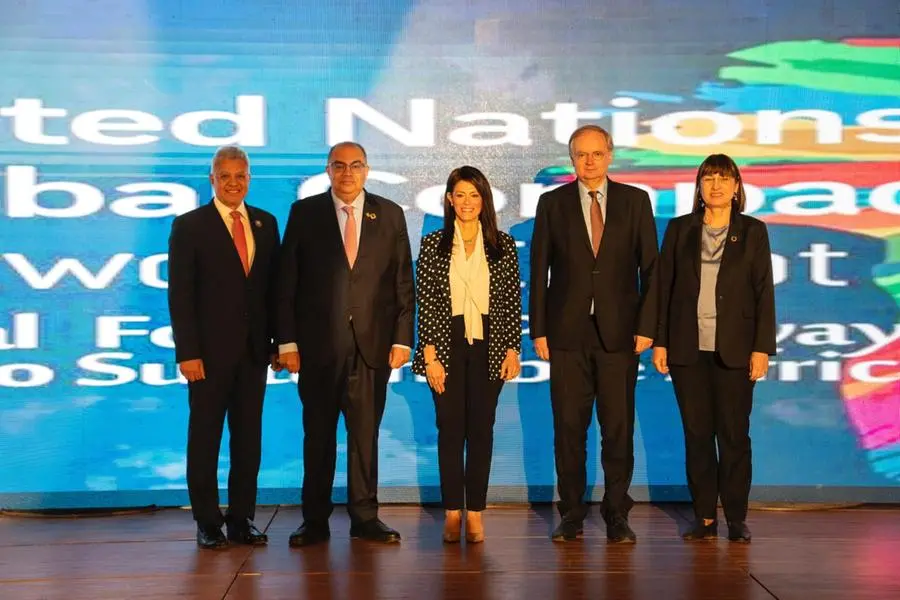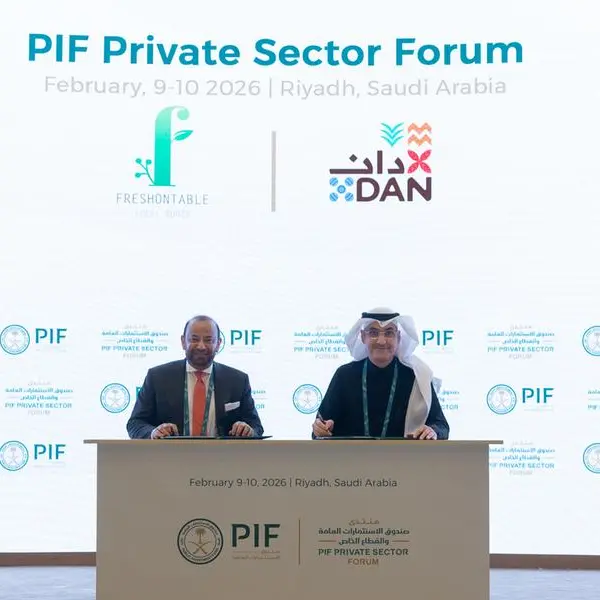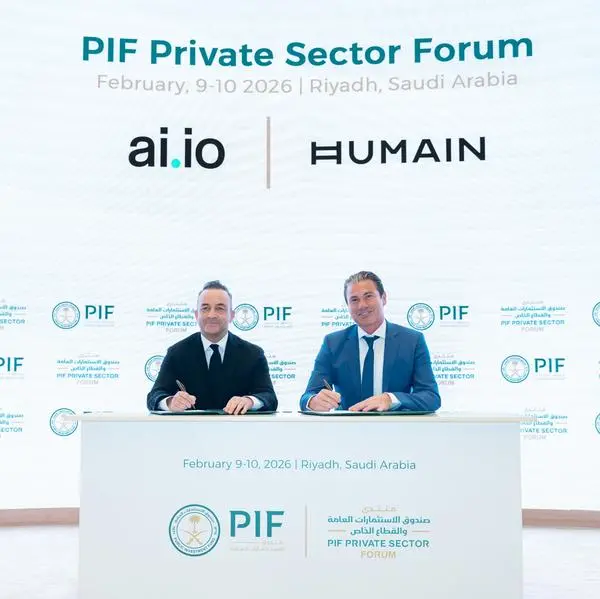PHOTO
The first UN Global Compact Annual Forum, organized by the United Nations Global Compact Network Egypt (UNGCNE), kicked off today with the captivating theme "Pathways to Sustainable Africa." This inaugural event brought together sustainability experts and officials from both the public and private sectors, with the esteemed presence of Dr. Rania Al Mashat, Minister of International Cooperation. Throughout the day, participants engaged in discussions on diverse challenges, best practices, and the way forward, enriching the discourse and fostering the exchange of innovative solutions to bolster sustainability and promote responsible business strategies.
The forum commenced with opening remarks from Mr. Ayman Ismail, Chairman of the Board of UNGC Network Egypt, followed by keynote speeches from Dr. Rania Al Mashat, Minister of International Cooperation, Dr. Mahmoud Mohieldin, UN Special Envoy on Financing the 2030 Sustainable Development Agenda, Ambassador Christian Berger, EU Ambassador to Egypt, and Ms. Elena Panova, the United Nations Resident Coordinator.
Held in collaboration with the Africa Business Leaders Coalition, the forum hosted six essential panel discussions covering critical topics such as climate finance, education, green hydrogen, sustainable communities, responsible supply chains, and food security. These discussions have been carefully curated to address prevailing global sustainability trends for 2024, in line with the UN's Six Transition principles.
The panel discussions featured a stellar lineup of thought leaders and sustainability advocates, including Ms. Tolulope Lewis-Tamoka, Chief of Government Relations and Africa; Mr. Hossam Heiba, Chairman of the General Authority for Investment and Free Zones; Dr. Khaled Anany, former Minister of Tourism and Antiquities; Dr. Tarek Shawky, former Minister of Education; Dr. Ahmed Kouchouk, Vice Minister of Policies and Institutional Reform at the Ministry of Finance; Mr. Tarek Tawfik, President of the American Chamber of Commerce in Egypt; Mr. Hisham Okasha, Chairman of the National Bank of Egypt; and Mr. Tarek Fayed, Chairman of Banque du Caire
Marking the beginning of a yearly gathering, this prominent forum aims at acting as a catalyst for collaborative efforts between the private sector, international organizations, civil society, academia, and other stakeholders. With a focus on identifying strategies to create an enabling environment for accountable businesses, the forum aligns with Egypt's 2030 Vision for Sustainable Development and the United Nations Sustainable Development Goals.
The pioneering event represents a pivotal platform where diverse entities can unite to create an environment that nurtures ethical leadership and provides unified pathways towards sustainable development across Africa and the globe. By cultivating sustainable collaboration, the forum seeks to address key global challenges through cross-sector partnerships. It emphasizes Egypt's pivotal role in uniting continents and facilitating alliances. Additionally, it seeks to mobilize active private sector participation on sustainability, ethical supply chains, and leadership while advancing the global transition to cleaner, sustainable energy sources through the Six Transition Framework.
About the UN Global Compact
The United Nations Global Compact (UNGC) is the world's largest corporate sustainability initiative, founded by Kofi Anan in 1999, encouraging businesses globally to adopt sustainable and socially responsible policies, aligning their strategies and operations with Ten Principles on human rights, labour, environment and anti-corruption; and take strategic actions to advance broader societal goals, such as the UN Sustainable Development Goals, with an emphasis on collaboration and innovation. As part of its extensive network, the UNGC includes a dedicated network in Egypt among other 70 networks, which was relaunched in 2022 during COP27. Since its relaunch, the Egypt network has been focusing on delivering substantial value to private sector participants by offering a range of services and initiatives. These include capacity building, awareness campaigns, policy advocacy, and local initiatives, along with platforms for public-private dialogue. Moreover, the network is committed to introducing sustainability practices to students through innovative gamification methods, enhancing engagement and understanding of sustainability in the next generation.




















